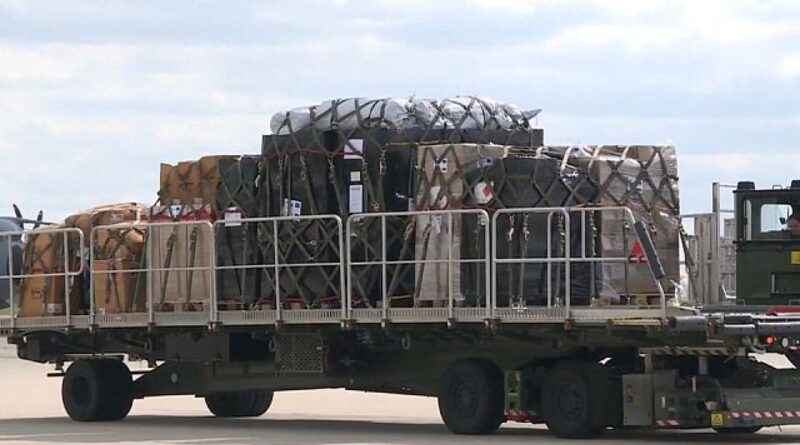EU sends aid to Libya as devastating floods death toll rise to over 11, 000
A spokesperson for the European Union confirmed on Thursday the aid the bloc has provided to Libya after an unusually strong storm caused deadly flooding.
Balazs Ujvari said at a briefing in Brussels that 500,000 euros ($533,290) have been released to cover the most urgent needs, adding that additional assistance might be sent over the coming hours and days.
Ujvari also said several European countries have pitched in to help the flood-stricken North African nation cope with the devastation.
They have provided help in the form of shelters, generators, medical teams and search and rescue helicopters.
Mediterranean storm Daniel caused deadly flooding Sunday in many towns of eastern Libya, but the worst-hit was Derna.
Two dams in the mountains above the city collapsed, sending floodwaters roaring down the Wadi Derna river and through the city center, sweeping away entire city blocks.
Libyan health officials have confirmed 11,300 deaths. Marie el-Drese, the Libyan Red Crescent group’s secretary-general, told The Associated Press by phone that a further 10,100 people are reported missing in the Mediterranean city.
Health authorities previously put the death toll in Derna at 5,500. The storm also killed about 170 people elsewhere in the country.
Meanwhile, the first plane carrying aid supplies from Germany took off at about 1430 local (1230 GMT) on Thursday bound for Libya.
Supplies, including 100 tents, 1,000 beds, sleeping mats, sleeping bags and emergency generators were loaded onto two transport aircraft at the air base in Wunstorf near Hanover.
Johann Saathoff, Parliamentary State Secretary in the Federal Ministry of the Interior, said that around 500,000 euros (534,000 US dollars) worth of aid supplies were quickly organized by Germany’s Federal Agency for Technical Relief.
“It is important to get there as quickly as possible, because of course every hour counts in these disasters. And that’s why we sorted the relief supplies together overnight and then transported them across Germany to Wunstorf so that they could be loaded quickly and then flown to the relevant regions,” Saathoff said.

